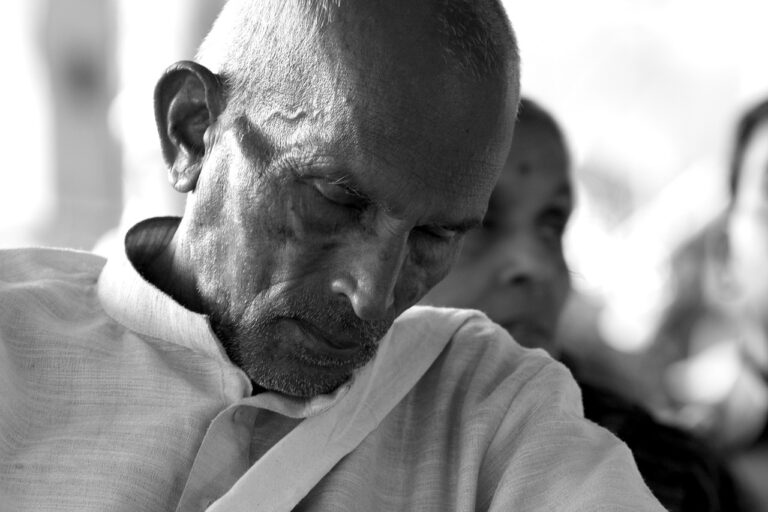Election Campaigning in the Era of Disinformation
Misinformation and disinformation have become powerful tools in shaping public opinion during election campaigns. False narratives and misleading information can spread rapidly through various channels, influencing voters’ perceptions and decisions. Candidates and political parties often face challenges in combatting these deceptive tactics, which can undermine the integrity of the electoral process.
The impact of disinformation extends beyond the voting period, as it can erode trust in democratic institutions and sow division among the electorate. When false information goes unchecked, it has the potential to fuel polarization and create a climate of uncertainty and distrust. In an era where information is easily manipulated and disseminated, safeguarding the integrity of election campaigns requires vigilance and concerted efforts to counteract misinformation.
Identifying Sources of Disinformation in Political Campaigns
During political campaigns, sources of disinformation can come from various avenues. One common source is the spread of false narratives by rival political parties or candidates seeking to undermine their opponents. This can include fabricated stories, misleading statistics, or edited videos designed to sway public opinion in a negative light.
Furthermore, disinformation in political campaigns can also originate from external sources such as foreign governments or entities attempting to influence the outcome of an election. These actors may use social media platforms, fake news websites, or anonymous accounts to disseminate false information and create division among the electorate. Identifying and addressing these sources of disinformation is crucial in preserving the integrity of the democratic process.
The Role of Social Media in Spreading Misinformation during Elections
Social media platforms have become powerful tools for disseminating information during election campaigns. Unfortunately, they have also been identified as key channels for the spread of misinformation and disinformation. With the widespread use and accessibility of social media, false narratives and fabricated news stories can quickly reach a broad audience, influencing public opinion and undermining the integrity of the electoral process.
One of the main challenges in addressing misinformation on social media during elections is the difficulty in identifying the original sources of false information. Misleading content can be shared and reshared among users, making it challenging to trace its origins and hold accountable those responsible for spreading falsehoods. This lack of transparency in the dissemination of misinformation poses a significant threat to the democratic process, as voters may be swayed by inaccurate information without realizing the sources behind it.
• Social media platforms are powerful tools for disseminating information during election campaigns
• Unfortunately, they have also been identified as key channels for spreading misinformation and disinformation
• False narratives and fabricated news stories can quickly reach a broad audience, influencing public opinion
• Misinformation undermines the integrity of the electoral process
One of the main challenges in addressing misinformation on social media during elections is the difficulty in identifying the original sources of false information.
Misleading content can be shared and reshared among users, making it challenging to trace its origins.
This lack of transparency poses a significant threat to the democratic process.
Voters may be swayed by inaccurate information without realizing its sources.
How does misinformation impact election campaigns?
Misinformation can negatively influence public opinion, distort facts, and undermine the credibility of candidates and political parties, ultimately affecting the outcome of elections.
What are some common sources of disinformation in political campaigns?
Some common sources of disinformation in political campaigns include fake news websites, propaganda outlets, and malicious actors seeking to manipulate public perception.
How does social media play a role in spreading misinformation during elections?
Social media platforms provide a powerful and widespread medium for the dissemination of misinformation, as false or misleading information can quickly go viral and reach a large audience.
What can be done to combat the spread of misinformation on social media during elections?
To combat the spread of misinformation on social media during elections, it is important for individuals to critically evaluate information, for platforms to implement fact-checking mechanisms, and for authorities to hold accountable those who intentionally spread false information.







